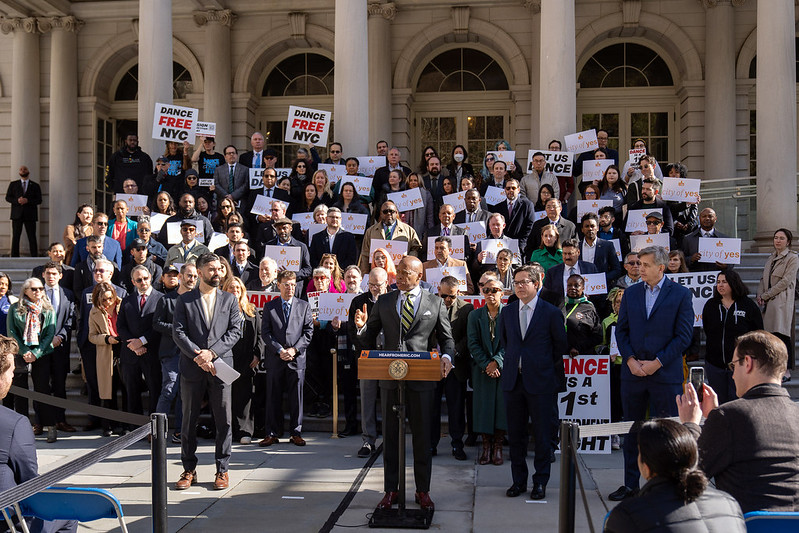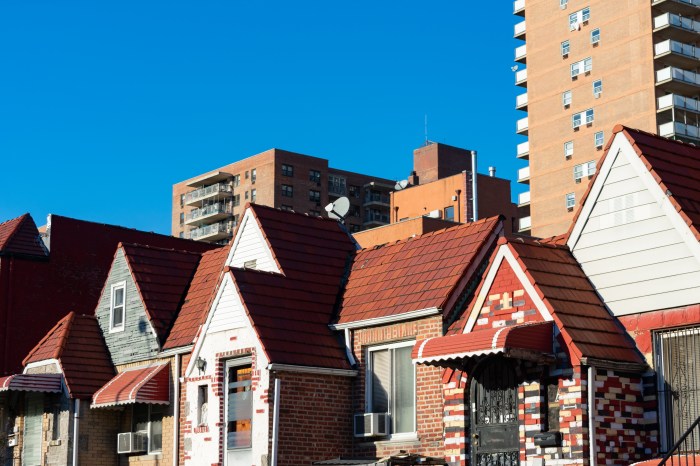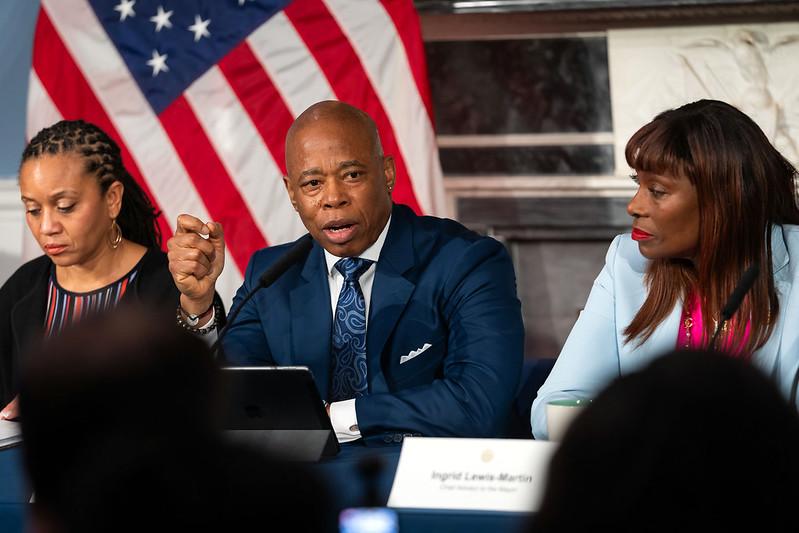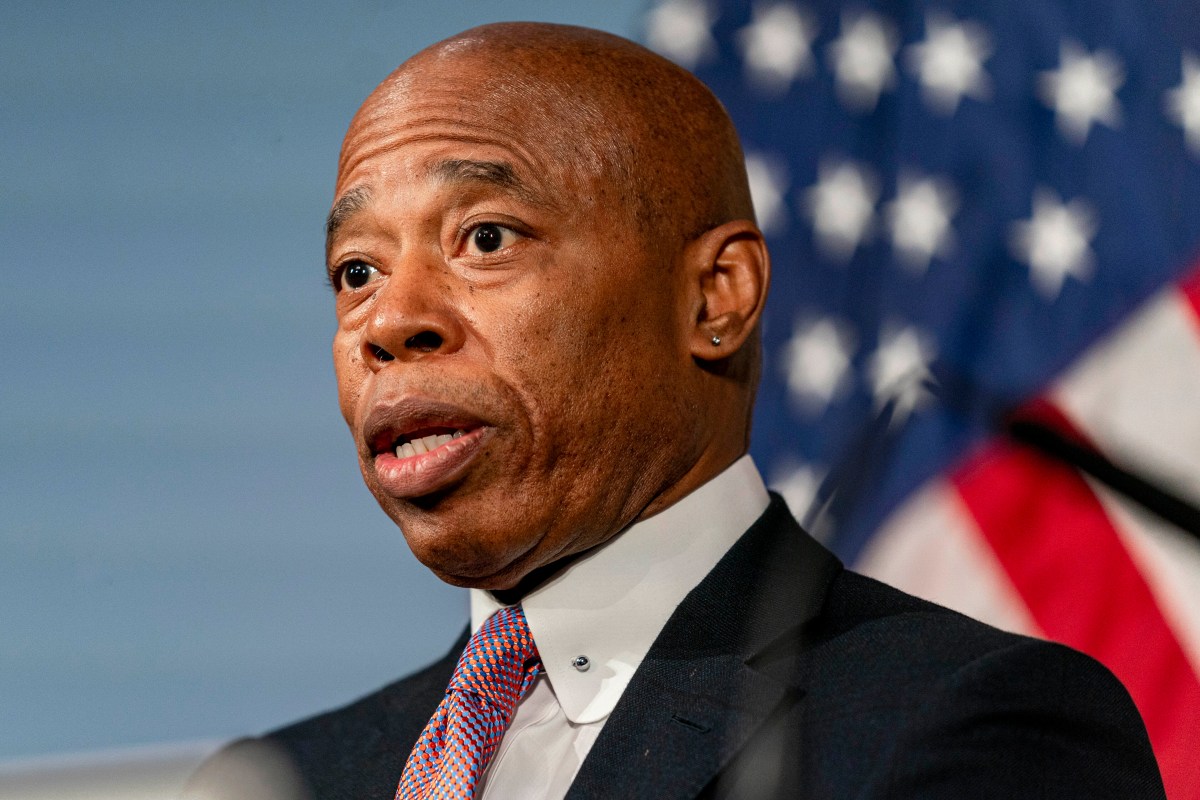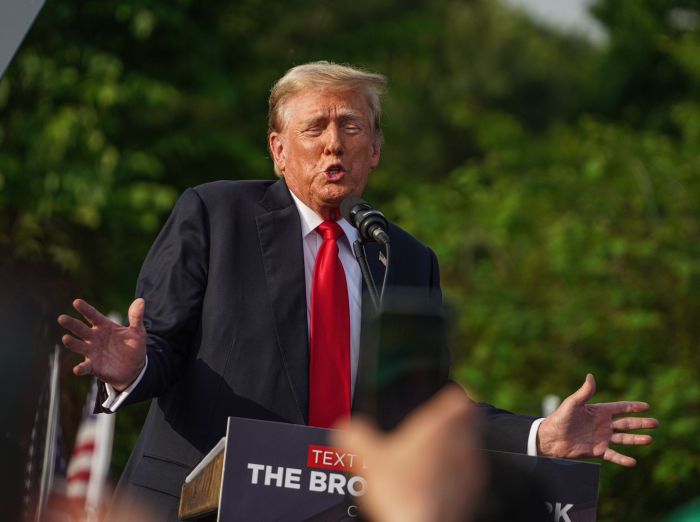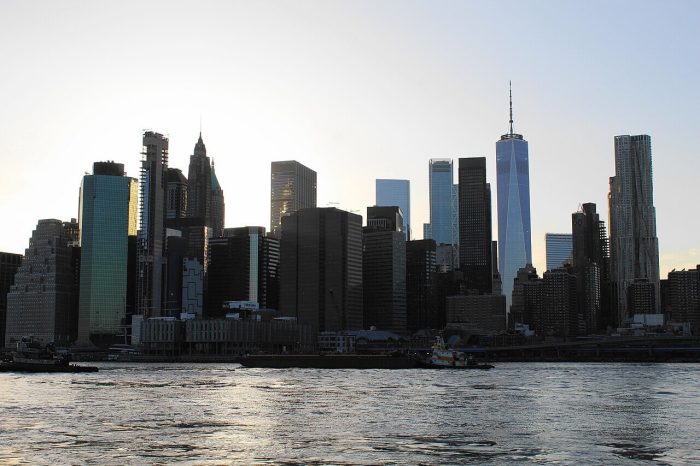Beware Of Contagious Fear
If President Franklin D. Roosevelt were in office today to witness Ebola, he’d probably make a speech and repeat to the American public his most memorable quote: “The only thing we have to fear is … fear itself.”
Within a few minutes, some hysterical congressman would go on some hysterical “news program” on some hysterical, 24-hour “news channel” to denounce President Roosevelt as naïve, weak, dithering and-of course-un-American. Those talking points would spread like wildfire through Facebook, Twitter and other social media-and by the end of the week, Congress would probably impeach Roosevelt.
America is in a frenzy over Ebola. Without a doubt, it’s a terrifying virus that does terrifying things to the human body. The African outbreak is horrific: more than 5,000 dead, thousands more sickened, human suffering beyond comprehension, entire nations brought to their knees by an enemy invisible to the naked eye that kills 60 percent of its victims.
Ebola finally arrived in the U.S. last month, when Thomas Duncan- who came to Dallas from Liberia-became fatally infected days after landing here. Duncan’s terrible death, however, could have been avoided if the doctors diagnosed him properly after he first visited a Texas hospital upon showing symptoms.
Since that initial infection, two nurses who tended to Duncan became infected with Ebola. They were diagnosed early, treated early-and were cured quickly. Up to 80 people whom authorities said had contact with Duncan, including those who lived with the doomed patient, were monitored for the virus’ full, 21-day incubation period. No one other than the two nurses became infected.
This can’t be stressed enough: except for Duncan, every Ebola patient in America-including those missionaries flown back to the U.S. after contracting the disease in Africa-was successfully treated and survived.
America’s health care system clearly has the upper hand in the war on Ebola-and that won’t change as long as early diagnosis, treatment and containment of the infection continue.
But just when it appeared things were starting to calm down, a New York City doctor came down with the virus last Thursday. He had just returned from a stint with Doctors Without Borders in West Africa, where the outbreak is so severe. He monitored himself and followed the proper protocol when he came down with a fever. He’s now in a Bellevue Hospital Center isolation unit undergoing treatment. His condition is “serious but stable,” but his prognosis for a recovery is good.
The episode, however, ramped up the Ebola hysteria machine once again. The news networks went wall-to-wall on Ebola, scaring the public more than informing them about the disease. The daily papers became like cheap horror novels, putting ghastly images of the microscopic virus and hazmat-suited workers on the front pages. Grandstanding governors rushed to impose quarantines on yet-to-be-infected medical workers, then hastily withdrew them amid criticism.
What do they care if the public panics? Nobody’s talking about more pressing matters like gun violence or joblessness. They’re glued to their TV sets and buying the sensational tabloids, obsessed over a disease they presently have a remote chance of catching.
Everyone’s shouting about banning flights that don’t exist or debating quarantine regulations, but no one is listening to the facts about Ebola. It’s hard to contract the virus; one must come into direct contact with infected fluid such as blood, vomit or feces to acquire it. Ebola is not airborne and can’t be spread as easily as influenza, tuberculosis or a hundred other maladies that pose a wider danger to New Yorkers every day.
Instead, the media hits the panic alarm, and the public becomes consumed by fear of a disease that can be, as our health care system already demonstrated, contained and cured. Let us not walk or live in fear of Ebola; let’s work to stop it, but let’s also keep calm and carry on.










